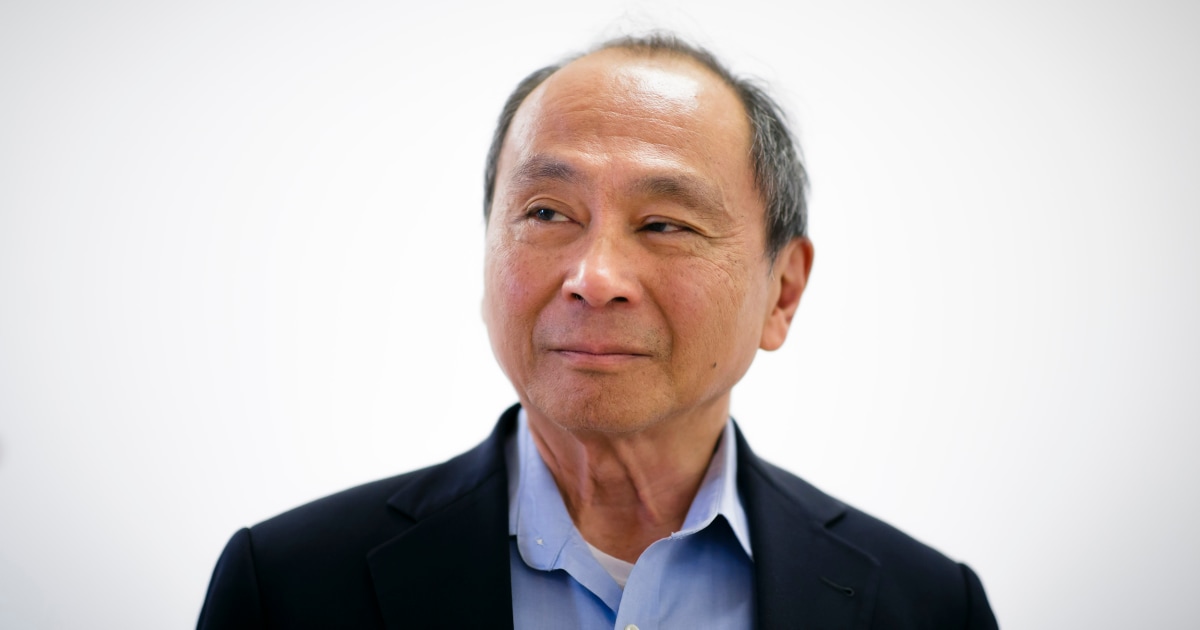

The occasions were perhaps rare, but in recent years, many of us have come to appreciate just how important they were.įukuyama presents a potted history of what he thinks has gone wrong for liberal democracy over recent decades. It will leave some readers feeling nostalgic for a time where in most liberal democracies, politicians from across the mainstream spectrum could be relied on to occasionally put party politics to one side in the name of a shared set of values.

In the current climate, it is reassuring to read such a sober, well-reasoned text which aims not to provoke, but to stake out some common ground.

On the other, he diagnoses a threat posed by “identitarian” politics-a left-wing movement most prominent on college campuses in the USA, which he claims has started putting the rights of certain minority groups above those of individuals to a dangerous degree. On the one hand, in the form of populists like Viktor Orbàn, Bolsonaro, Trump and Le Pen.

Fukuyama sees it under outright attack on two fronts. It didn’t matter who won an election, you could always be sure that these principles would be respected, even where interpretations of how to best achieve this varied.īut this consensus can no longer be taken for granted. Nonetheless, there is a fundamental set of rules which were long considered non-negotiable-for example, freedom of speech and of the press. The liberal consensus under attackĭisagreement is a core component of any liberal democracy, and even mainstream parties have always differed widely on a range of key issues. Over thirty years later, in a book completed shortly before Russia’s invasion of Ukraine, he returns with a defence of liberal values, and attempts to explain why they are increasingly under attack. It was then that Francis Fukuyama shot to fame with his essay “The End of History?” There, he argued that with the fall of the Soviet Union and communist states throughout Eastern Europe, liberal democracy had proven itself to be the only valid form of government-one which he hoped would gradually spread throughout the globe. A lot has changed since 1989-and not just the haircuts.


 0 kommentar(er)
0 kommentar(er)
